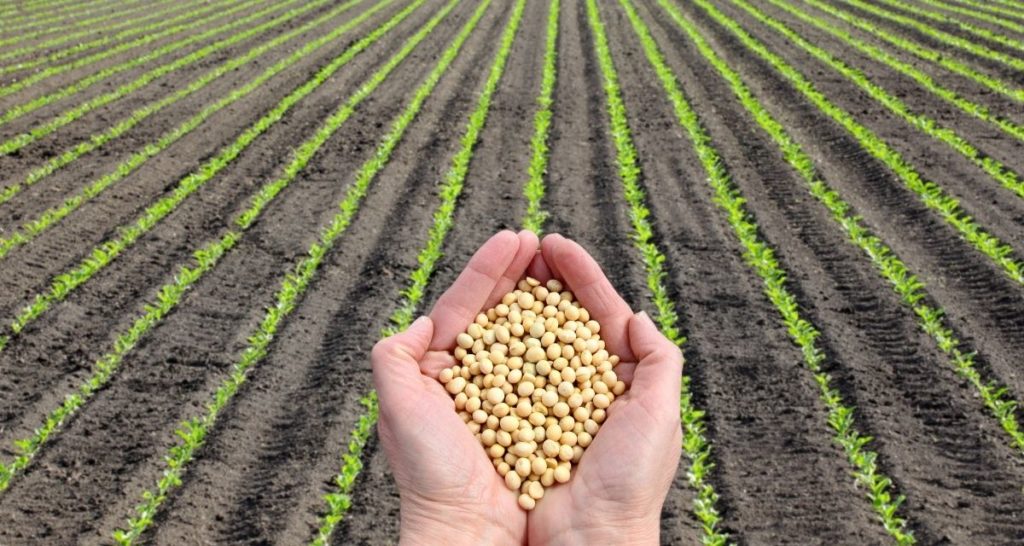
Image Source: Google
Agriculture plays a crucial role in ensuring food security around the world. However, farming is a risky business, as it is heavily dependent on unpredictable factors like weather, pests, and market fluctuations. In order to protect farmers and ensure a stable food supply chain, agriculture insurance has become increasingly important. If you want to hire the best agriculture insurance service, you can browse this website.
The Importance of Agriculture Insurance
Agriculture insurance provides financial protection to farmers against losses that can occur due to various risks. By mitigating these risks, agriculture insurance plays a vital role in:
- Encouraging farmers to invest in their farms without the fear of losing everything.
- Promoting sustainable farming practices by providing a safety net.
- Ensuring a stable food supply chain by protecting farmers from production risks.
Types of Agriculture Insurance
There are several types of agriculture insurance that cater to different aspects of farming. Some common types include:
- Crop Insurance: Protects farmers against losses in crop production due to natural disasters, pests, and diseases.
- Livestock Insurance: Provides coverage for losses in livestock due to accidents, diseases, or theft.
- Income Protection Insurance: Ensures farmers have a stable income even in case of crop failure or price fluctuations.
The Role of Agriculture Insurance in Food Security
Food security exists when all people, at all times, have physical, social, and economic access to sufficient, safe, and nutritious food to meet their dietary needs and food preferences for an active and healthy life. Agriculture insurance plays a critical role in achieving food security by:
- Protecting farmers from financial losses, ensuring their livelihoods are secure.
- Encouraging farmers to adopt modern technologies and sustainable practices, leading to increased productivity and food availability.
- Stabilizing food prices by reducing the impact of production fluctuations on the market.
Challenges and Opportunities
While agriculture insurance offers many benefits, there are also challenges that need to be addressed to fully realize its potential in enhancing food security. Some of these challenges include:
- Lack of awareness among farmers about the benefits of agriculture insurance.
- High premium costs that make insurance unaffordable for small-scale farmers.
- Difficulty in assessing and quantifying agricultural risks accurately.
Despite these challenges, there are opportunities to improve the effectiveness of agriculture insurance in ensuring food security. These opportunities include:
- Government subsidies to make agriculture insurance more affordable for small-scale farmers.
- Advancements in technology, such as satellite imagery and drones, for better risk assessment.
- Collaboration between governments, insurance companies, and farmers to design tailored insurance products.
Conclusion
Agriculture insurance is a key tool in enhancing food security by protecting farmers from risks and ensuring a stable food supply chain. By understanding the importance of agriculture insurance and addressing the challenges it faces, we can work towards a future where everyone has access to safe and nutritious food. From the farm to the fork, agriculture insurance plays a critical role in safeguarding the world's food security.
